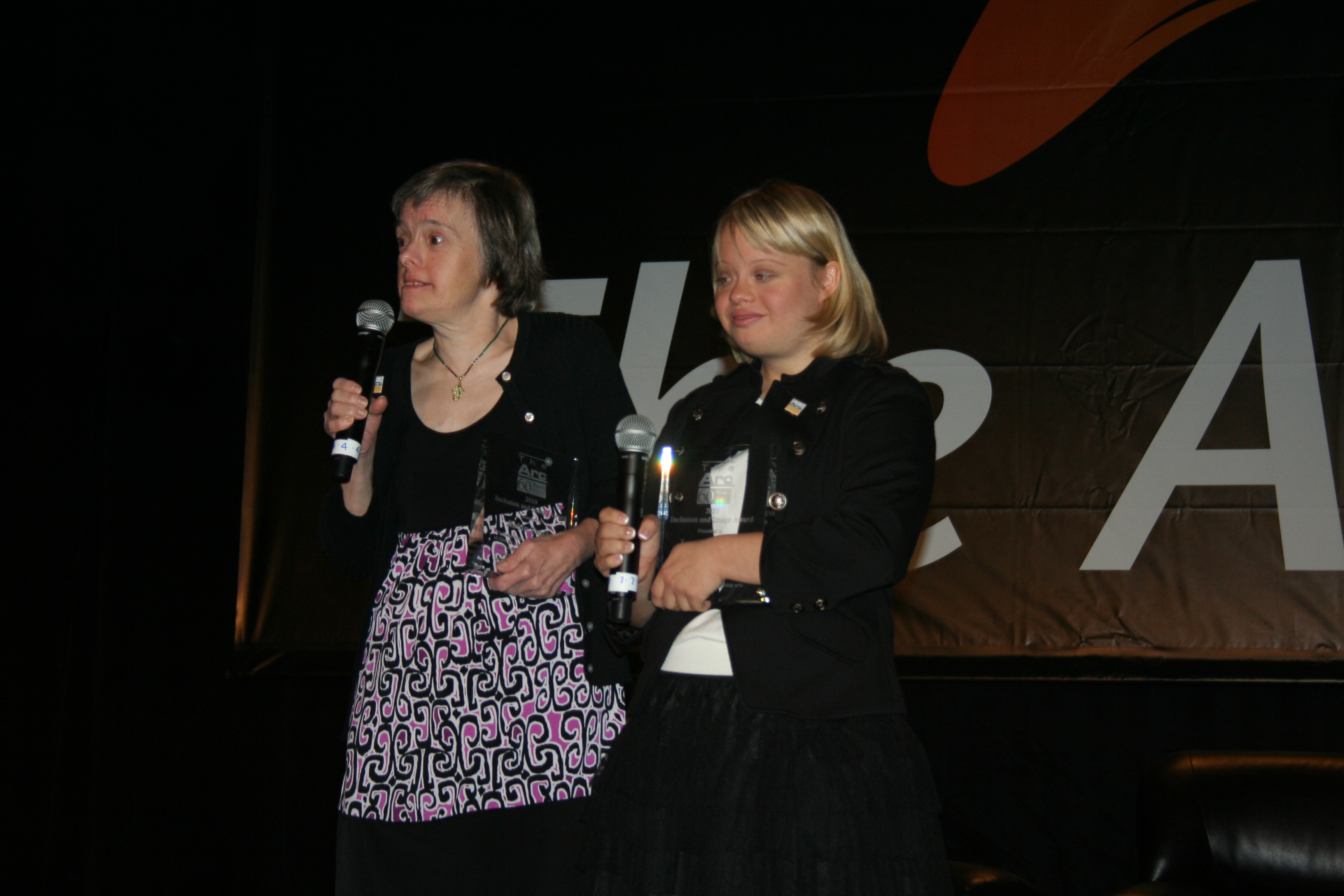Washington, DC – The Fiscal Year 2012 budget proposal released this week by House Budget Committee Chairman Paul Ryan (R-WI) , if adopted, would cause great harm to the more than 7 million people in the United States with intellectual and developmental disabilities (I/DD). The plan would virtually eliminate federal funding for education, housing, job training, transportation, and other domestic spending. Eliminating Medicaid and Medicare and replacing them with a block grant and vouchers threaten to wipe out much of the progress that people with ID/D have achieved over the last several decades. Our constituents could return to the widespread impoverishment, poor health, and isolation not seen since these entitlement programs were created in 1965.
“Under Chairman Ryan’s plan, people with I/DD can be denied health insurance and the services and supports they need to live and work in the community. There will be no guarantees of any assistance or support for people with intellectual disabilities who want to continue to live in their own homes, rather than institutions,” stated Peter V. Berns, Chief Executive Officer of The Arc.
Health Insurance. Medicaid and Medicare are overwhelmingly the largest providers of health insurance for people with disabilities. People with I/DD would no longer be entitled to Medicaid to pay for their health care services such as prescription drugs and doctor visits. Many people with I/DD cannot get medical insurance through the private market because: 1) they do not work full time and cannot obtain employer-sponsored coverage (only 21% of people with all disabilities are working); 2) they have pre-existing conditions and cannot find health insurers who will sell them policies; 3) if they can find insurers to sell them policies, the policies do not cover the services and products they need (or the coverage is exorbitantly expensive). Under the House plan, both states and private insurers will be free to deny coverage and assistance to people with I/DD.
Long Term Services and Supports. People with I/DD often require assistance with activities of daily living throughout their lifetimes, such as getting dressed, taking medication, preparing meals, and managing money. Over 650,000 people with I/DD receive such long-term services paid for by Medicaid while living at home with their families, in other community-based settings, or in intermediate care facilities. Under the House plan, states could be free to discontinue all of these services.
While there are numerous parts of the FY 2012 budget plan that are of grave concern, the proposal to block grant Medicaid is by far the most egregious. Under a block grant system, states will be faced with the rising health care costs that result from population increases, outbreaks of diseases, and economic downturns or other circumstances. Their only options will be to cut people off the Medicaid rolls, to eliminate necessary services, or to reduce provider payments. For people with I/DD, that means that they won’t be able to go to the doctor or obtain prescription medications they need. Their very health and well being is at stake. Block granting also creates a perverse incentive for states to return to the days where they warehoused people with disabilities in institutions to save money. States will no longer have to meet the quality standards currently imposed by the Medicaid program for community-based services or nursing homes.
The Arc appreciates the importance of reining in the federal deficit. However, we believe that the budget cannot be balanced on the backs of our most vulnerable citizens. There are far more thoughtful, effective and humane ways to accomplish this critical goal. We know that providing home and community-based services is more cost effective and better for the individual than institutional care and we do not want to go backwards. What is needed is to flip the system on its head and make home and community based services what is required and institutions the exception to the rule.
“The current situation is bad enough now, where people with I/DD literally wait 10 years or more to get Medicaid home and community based services. Is Congress really just going to cut them off entirely from services that allow them to be included and participate in society like we all do? What the House is proposing is just wrong! It is that simple.” said Berns.
The Arc is the largest organization with a network of over 700 chapters across the country for people with intellectual and developmental disabilities. The Arc promotes and protects the human rights of people with intellectual and developmental disabilities and actively supports their full inclusion and participation in the community throughout their lifetimes and without regard to diagnosis.



 Fans of the hit Fox TV show Glee were given an emotional episode last night as Jane Lynch’s character, Sue Sylvester, dealt with the shocking death of her sister Jean, played by Robin Trocki.
Fans of the hit Fox TV show Glee were given an emotional episode last night as Jane Lynch’s character, Sue Sylvester, dealt with the shocking death of her sister Jean, played by Robin Trocki.  Lauren Potter of Glee and her mother Robin Sinkhorn will join The Arc on June 14 at the National Press Club in Washington, D.C. as we reveal key findings from our FINDS study to the media. This landmark study surveyed the true circumstances and needs of more than 5,000 individuals with intellectual and developmental disabilities, their families and caregivers and the findings will point us in the right direction to make substantial improvements in the lives of people with I/DD through advocacy for changes in public policy and direct supports and services.
Lauren Potter of Glee and her mother Robin Sinkhorn will join The Arc on June 14 at the National Press Club in Washington, D.C. as we reveal key findings from our FINDS study to the media. This landmark study surveyed the true circumstances and needs of more than 5,000 individuals with intellectual and developmental disabilities, their families and caregivers and the findings will point us in the right direction to make substantial improvements in the lives of people with I/DD through advocacy for changes in public policy and direct supports and services.





